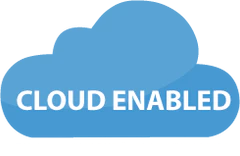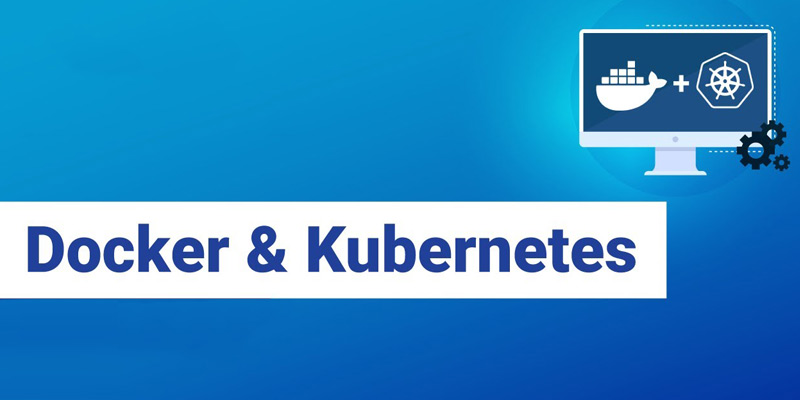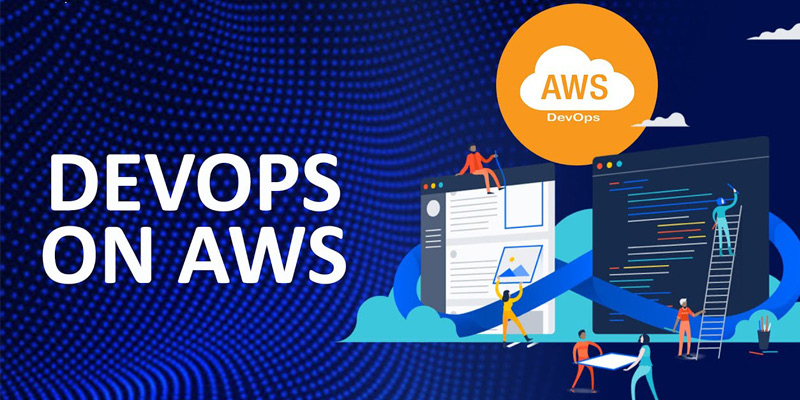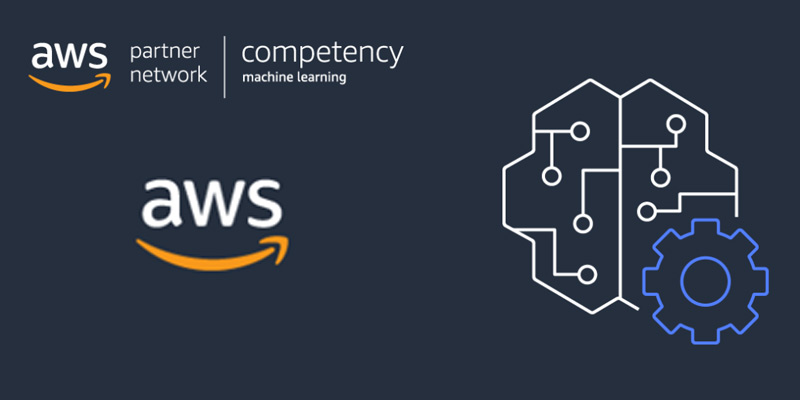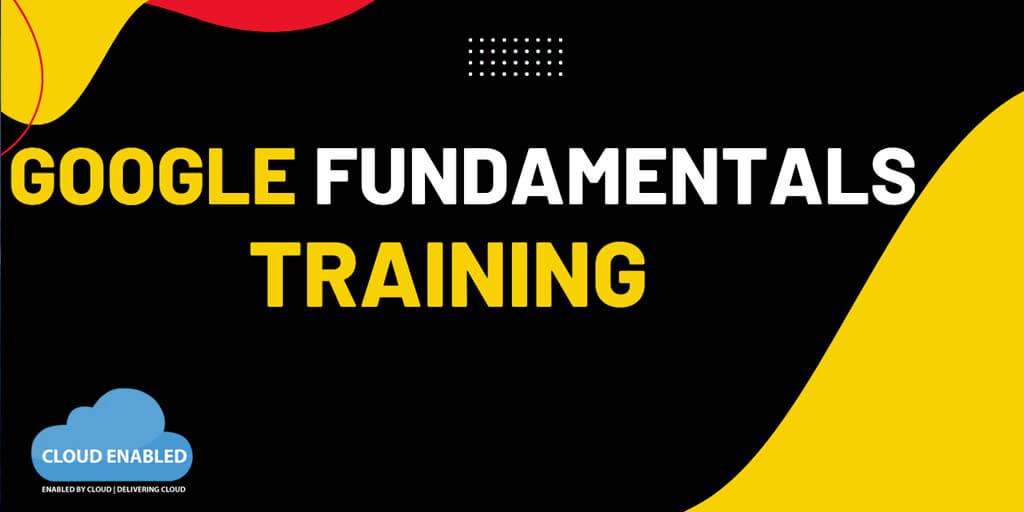- +91 90080 05404
- reach@thecloudenabled.com
- India, Singapore
Docker Essentials Training in India
4.0
4/5
Price :
₹ 90,000
Category :
Management


Anil Bidari
Chief Consultant
Anil Bidari is a versatile trainer and consultant specializing in GitLab, AWS, Azure, Google, DevOps, Jenkins, Kubernetes, Ansible, Docker, Agile, and Machine Learning. His expertise drives successful technology adoption and implementation, benefiting organizations and individuals alike.
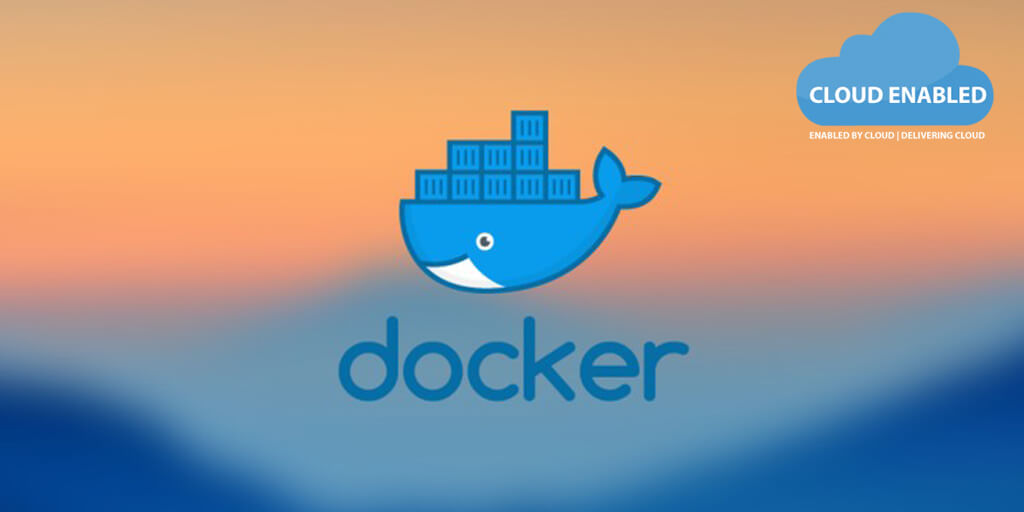

- Time Duration : 14 Hours - 2 Days
- Study Lecture : 14 Lectures
- Skill Level : Advance Course
- Certificate : Yes
- Training Delivery Mode : Online - Live Instructor Led training
OVERVIEW :
COURSE DESCRIPTION
COURSE SUMMARY
COURSE OBJECTIVE
COURSE DESCRIPTION
The Docker Essentials Training course is a comprehensive program designed to provide participants with a solid foundation in Docker technology and containerization concepts. This course covers the fundamental concepts of Docker, including container creation, management, and deployment. Participants will learn how to build, package, and distribute applications as Docker containers, enabling consistent and efficient software deployments across different environments. Through hands-on exercises and real-world examples, learners will gain practical experience in working with Docker images, containers, volumes, and networks. By the end of this training, attendees will be equipped with the knowledge and skills necessary to leverage Docker effectively, optimize application development workflows, and enhance portability, scalability, and efficiency in their software projects.
COURSE SUMMARY
The Docker Essentials Training course provides participants with a comprehensive understanding of Docker technology and its core concepts. Through hands-on exercises and practical examples, attendees will gain proficiency in building, deploying, and managing applications using Docker containers. This course covers essential topics such as container creation, image management, and network configuration, enabling learners to optimize their application development workflows. Participants will also learn how to leverage Docker’s scalability and portability features to enhance the efficiency and reliability of their software projects. By the end of this training, attendees will be well-equipped to utilize Docker effectively, streamline their software deployments, and maximize the benefits of containerization in their organizations.
COURSE OBJECTIVE
The Docker Essentials Training course aims to equip participants with the essential knowledge and practical skills needed to leverage Docker technology effectively. This course focuses on providing a comprehensive understanding of Docker’s core concepts, containerization principles, and best practices for application deployment and management. Participants will learn how to create and manage Docker containers, build and distribute Docker images, and configure container networks. By the end of this training, attendees will be proficient in utilizing Docker to optimize their development workflows, enhance application portability, scalability, and efficiency, and simplify the deployment process across different environments. This course sets the foundation for successfully incorporating Docker into modern software development and deployment strategies
Course Outline
Module 1 : Course Overview
Module 1.1 : Introduction to the course
Module 2 : Understanding Docker
Module 2.1 – Module Introduction
Module 2 .2 What is Virtualization
Module 2.3 : What are Containers
Module 2.4 : Containerization and virtualization differences
Module 2.5 : Case study : 100 developer environment
Module 2.6 : Difference between win and linux containers
Module 2.7 : Docker ecosystem and components
Module 3 : Installing Docker
3:1 – Module Introduction
3.2 – Installing Docker on Centos 7
3.3 – Install Docker on Windows 2016 server
Module 4 : Containers On Ubuntu Docker host
4.1 : Module Introduction
4.2 : Deploy ,Login, exit container
4.3: List, Start, Stop, restart containers
4.4 where containers are stored
4.5 : working with container hostnames
4.6 working on multiple containers
4.7 Container stats and inspect
4.8 Container networking
4.9 Deleting containers
Module 5 : Containers On Win-2016 server Docker host
5.1 : Module Introduction
5.2 Install Docker on win 2016 server
5.3 :Win container Deploy ,Login, exit container
5.4 : List, Start, Stop, restart containers
5.5 where containers are stored
5.6 : working with container hostnames
5.7 working on multiple containers
5.8 Container inspect
5.9 : Deleting containers
Module 6 : Docker Images
6.1 : Module Introduction
6.2 : Introduction to Docker Images
6.3 : Docker hub – create your account
6.4 : Explore and pull images from docker hub
6.5 : Docker commit Build and Push Your own image
6.6 : Launch container using your own image
6.7 : Build Your own image using dockerFile
6.8 : Integrate you dockerhub account with github account to build image
Module 7 : Docker Networking
7.1 Module Introduction
7.2 Linux Docker host default Networking
7.3 Linux container networking
7.4 Docker host and container port mapping
7.5 List, create, inspect and remove new networks
7.6 Launch container in desired network
7.7 Attach a container two networks
Module 8 : Docker Volumes
8.1 : Module introduction
8.2 : Introduction to Docker volumes
8.3 : Launch a container with volume attached
8.4 : Recovering volume
8.5 : Module Summary
Module 9 : Linked Containers
Module 9.1 Module introduction
Module 9.3 Creating webapp container
Module 9.4 creating mysql db container
Module 9.5 Connect webapp with mysql DB
Module 10 Docker Compose
Module 10.1 : Module introduction
Module 10.3 : Creating docker compose file(wordpress and DB)
Module 10.4 : Docker compose operations
Let's Enroll Our Course !!
Cloud Enabled Pvt Ltd is your trusted partner in advancing your skills. We offer comprehensive training in Cloud Computing, DevOps, and Machine Learning, designed to propel your career.
